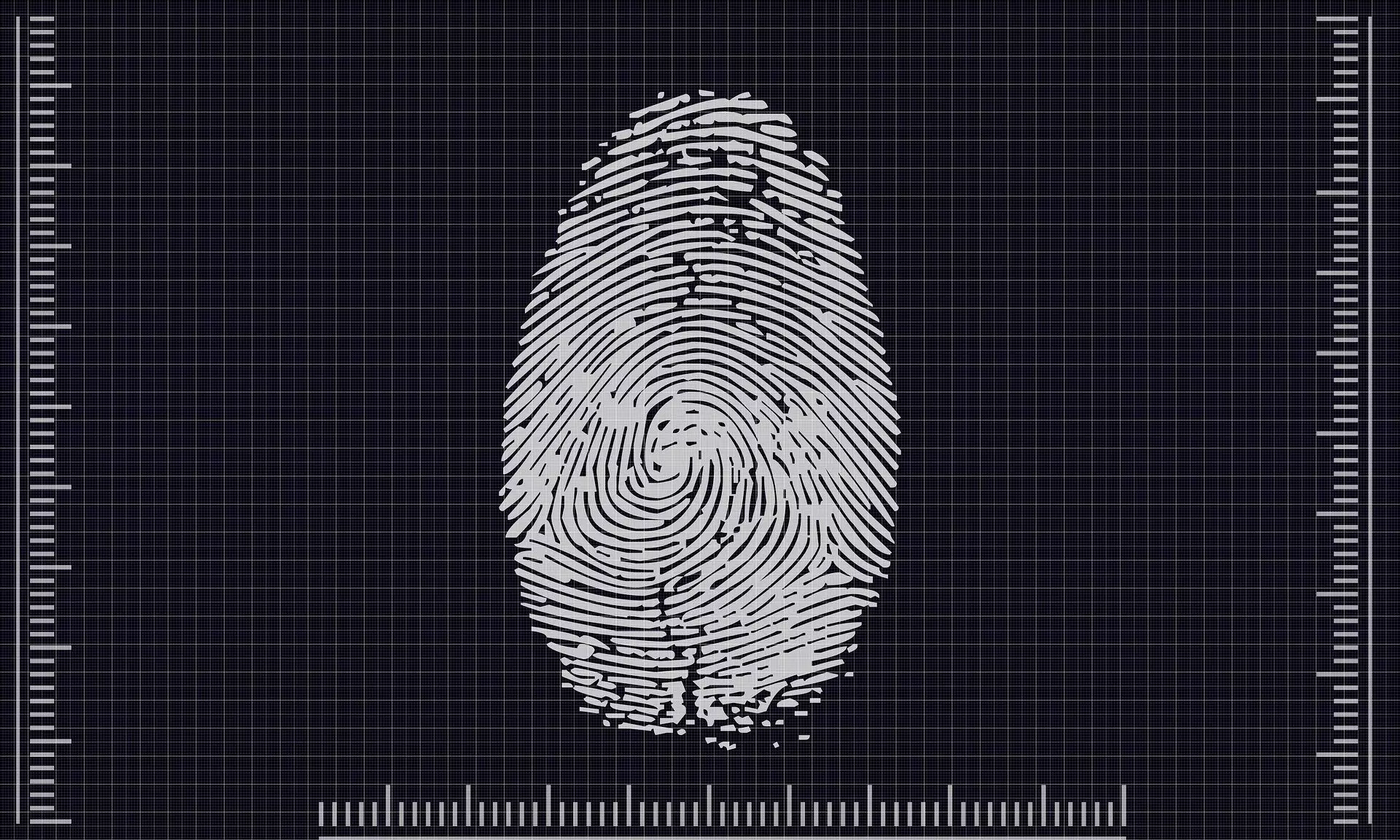In a stunning turn of events, fundraising software company Blackbaud has been ordered to pay a staggering $49.5 million to settle claims made by the attorneys general of all 50 states. The claims stem from a data breach that occurred in 2020, in which sensitive information from 13,000 nonprofits was exposed. This breach compromised health information, Social Security numbers, and financial data of donors and clients, affecting various organizations such as universities, hospitals, and religious institutions.
When news of the breach initially surfaced, Blackbaud downplayed the severity and scope of the stolen data. However, it was later discovered that over a million files had been compromised. Blackbaud ultimately chose to pay a ransom to the unauthorized third party in exchange for the deletion of the stolen information. This decision to negotiate with the intruders rather than promptly notifying authorities and affected parties reflects a failure in Blackbaud’s commitment to data security.
The attorneys general from all 50 states launched an investigation into the breach, leading to the recent settlement of $49.5 million. Under the terms of the agreement, Blackbaud has agreed to strengthen its data security practices and improve customer notification procedures in the event of another breach. Additionally, the company will be subject to external compliance assessments for the next seven years.
Escaping Accountability
Despite the high financial penalty, it is important to note that Blackbaud has not admitted any wrongdoing as part of the settlement. This lack of accountability raises concerns about the company’s commitment to transparency and responsible data management. By sidestepping any admission of guilt, Blackbaud casts doubt on its intentions to rectify the mistakes that led to the breach in the first place.
Among all the affected states, Indiana will receive the largest share of the settlement, totaling nearly $3.6 million. This substantial sum highlights the significant impact that the breach had on the state’s nonprofit organizations and further emphasizes the need for robust data security protocols.
Even before the settlement with the attorneys general, Blackbaud found itself in legal trouble with the U.S. Securities and Exchange Commission (SEC). The SEC charged Blackbaud with misleading investors regarding the nature of the stolen information. Initially, Blackbaud denied that bank information and Social Security numbers were compromised, but later admitted to their involvement. As part of the settlement with the SEC, Blackbaud agreed to pay a $3 million fine, but again, no admission of guilt was made.
The Importance of Data Security
The Blackbaud data breach serves as a stark reminder of the critical importance of data security in the modern age. Nonprofits and organizations that handle sensitive information must prioritize the protection of data to safeguard the privacy and financial well-being of their clients and donors. This incident underscores the need for regular security audits, robust encryption measures, and proactive responses to potential breaches.
The Blackbaud data breach and subsequent settlement send a strong message to organizations across the globe. Data security is not an optional extra; it is an essential aspect of responsible business practice. The costly consequences faced by Blackbaud should serve as a wake-up call to companies and institutions everywhere, urging them to invest in robust data security measures to prevent future breaches and protect the privacy and trust of their stakeholders.


Leave a Reply